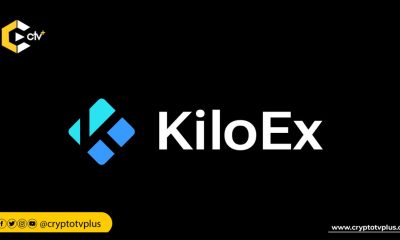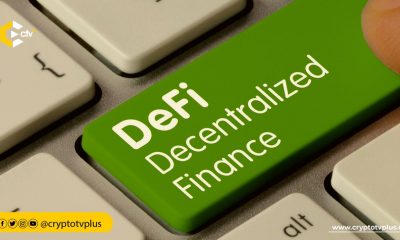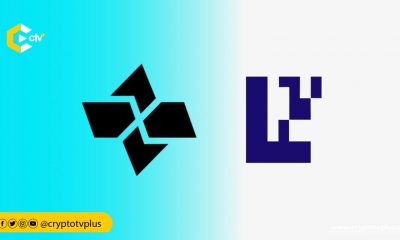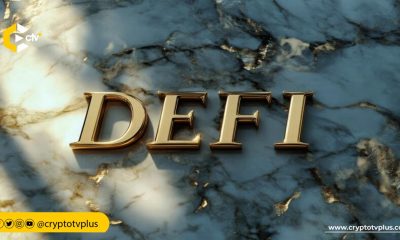DeFi
How DeFi is revolutionizing finance
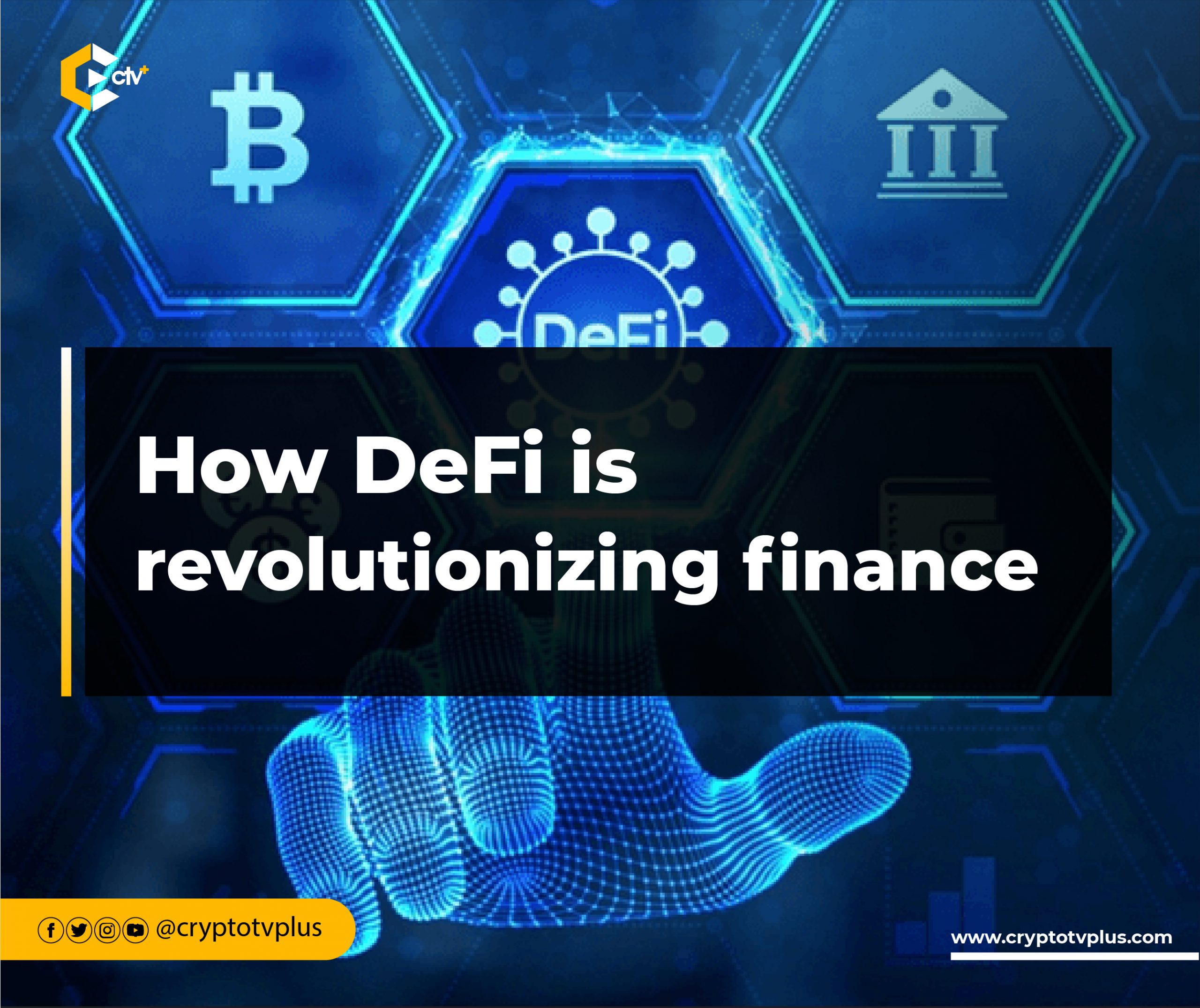
Decentralized Finance (DeFi) is a financial system built on a decentralized network that utilizes smart contracts, decentralized applications (DApps), and other blockchain-based tools to offer financial services alternatives to centralized financial services such as central banking to users. Cryptocurrency, on the other hand, is a digital asset that is rooted in cryptography.
DeFi projects seek to create applications that would enable users to access financial services without having to rely on traditional financial institutions. These applications include but are not limited to decentralized exchanges and lending platforms.
The DeFi ecosystems have continued to evolve and expand, with new projects and applications being developed from time to time. These projects or applications possess the potential to increase financial inclusivity and provide greater transparency and security, DeFi could disrupt traditional finance in many ways.
What to Know About DeFi
The methods used by traditional finance and decentralized finance (DeFi) to deliver financial services are different. In traditional finance, funds and financial services are managed and controlled by centralized organizations like banks and other financial intermediaries. But DeFi, on the other hand, leverages decentralized blockchain networks to provide financial services without the use of intermediaries. As a result, transactions can happen more rapidly.
In DeFi when specific criteria are satisfied, self-executing computer programs known as smart contracts can automatically carry out the terms of a contract between two parties.
DeFi protocols and applications can offer users a variety of financial services, such as lending, borrowing, trading, and more by making use of its computer-programmed utilities.
DeFi applications and protocols are transforming the way we think about financial services and laying the groundwork for a more open and decentralized financial system.
Benefits of DeFi Against Traditional Finance
By leveraging blockchain technology to offer financial services directly to users, DeFi eliminates the need for intermediaries like banks and other financial organizations. This enables faster transaction processing and the participation of individuals who previously lacked access to conventional financial services in the global financial system.
DeFi promotes greater financial inclusion, while traditional finance has long been criticized for restricting access to financial services to significant portions of the population, particularly those in developing nations. With an internet connection, anyone in the globe can use DeFi to access financial services. As a result, this can have a great impact on alleviating poverty and boosting economic growth.
Traditional finance is said to have an opaque financial structure that is vulnerable to corruption and lacks transparency. DeFi protocols and apps are based on decentralized blockchain networks, which offer a transparent platform for financial transactions. DeFi solutions are also usually faster and more efficient than traditional banking platforms.
The Future of DeFi
There is a lot of room for future development and innovation in both DeFi and cryptocurrencies. We can anticipate seeing the industry expand as more people become aware of the advantages of DeFi and as more developers build new, cutting-edge DeFi platforms. In addition to enabling new financial services and use cases, this may result in the creation of new DeFi protocols and apps that are easier to use, more secure, and more effective.
The potential of DeFi could result in a shift in power and influence in the financial industry, with DeFi platforms becoming more prevalent. However, the disruption of traditional finance by DeFi and cryptocurrency may result in regulatory challenges and resistance from established financial institutions.
The DeFi and cryptocurrency ecosystems are continually growing, with new trends and developments appearing regularly. One rising trend is the integration of virtual assets with real-world assets such as real estate and stocks. This could increase the liquidity and accessibility of these assets, as well as open up new investment options. Furthermore, the development of layer 2 scaling solutions for blockchain networks may offer increased scalability and efficiency for DeFi systems, allowing them to manage higher transaction volumes while reducing gas fees.
Challenges and Risks of DeFi
DeFi, while disruptive and innovative, also poses several challenges and risks that investors and users should be aware of. These challenges include:
- Lack of regulation and oversight.
- Volatility and risks associated with cryptocurrency.
- Vulnerable to hacks and other security breaches, which can result in the loss of cryptocurrency holdings.
- Fraud and scams in the DeFi ecosystem.
We should anticipate seeing even more fascinating trends and innovations emerge as the DeFi and currency ecosystems continue to grow. However, for DeFi to completely disrupt the traditional financial systems it has to take a step further into mitigating the challenges associated with it and be ready to handle any future challenges as they arise.
Read also;
Understanding the ecological impact of cryptocurrency
What do you think.of this article? Share comments below.





